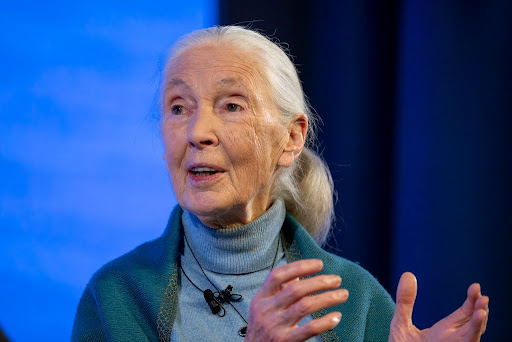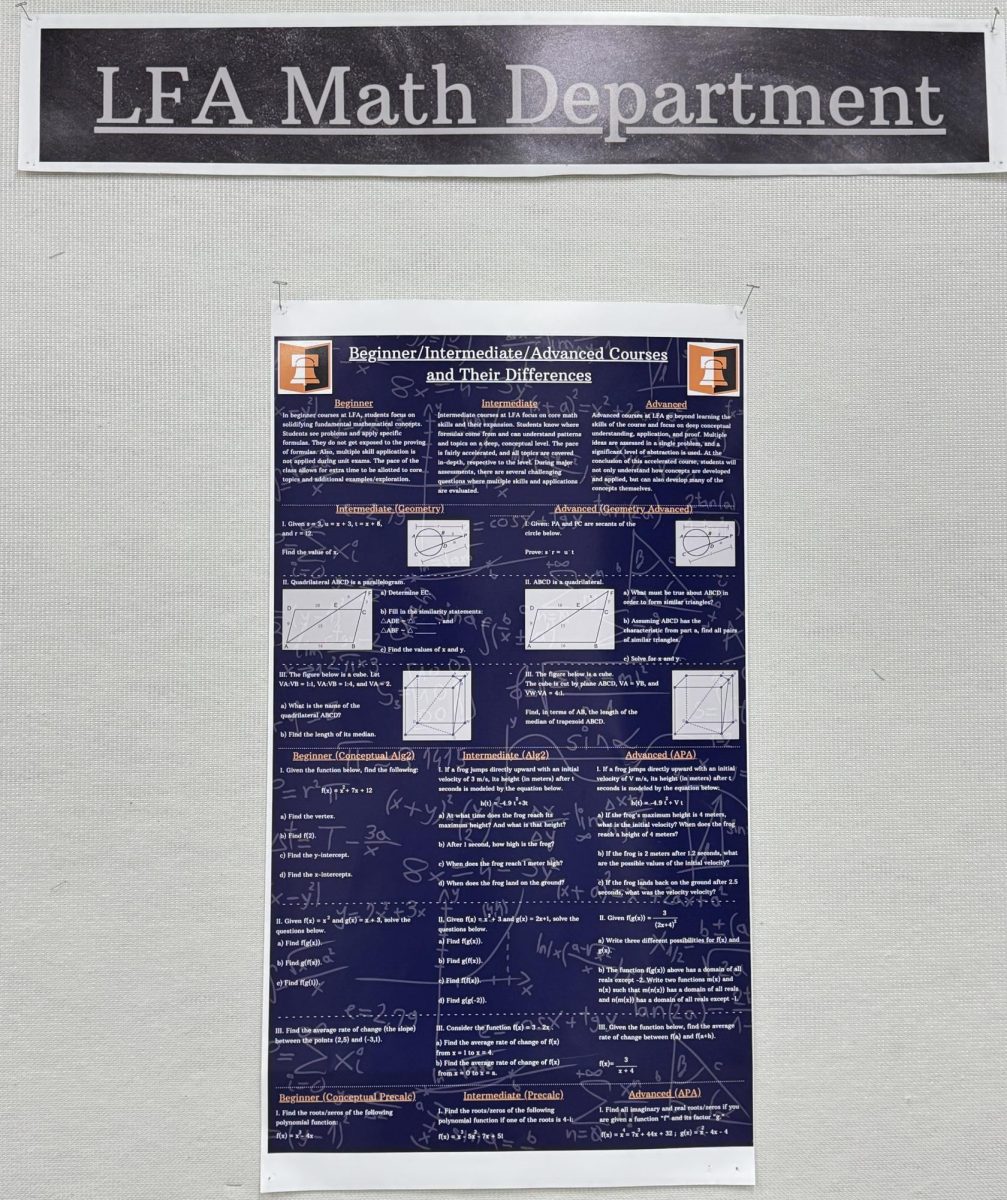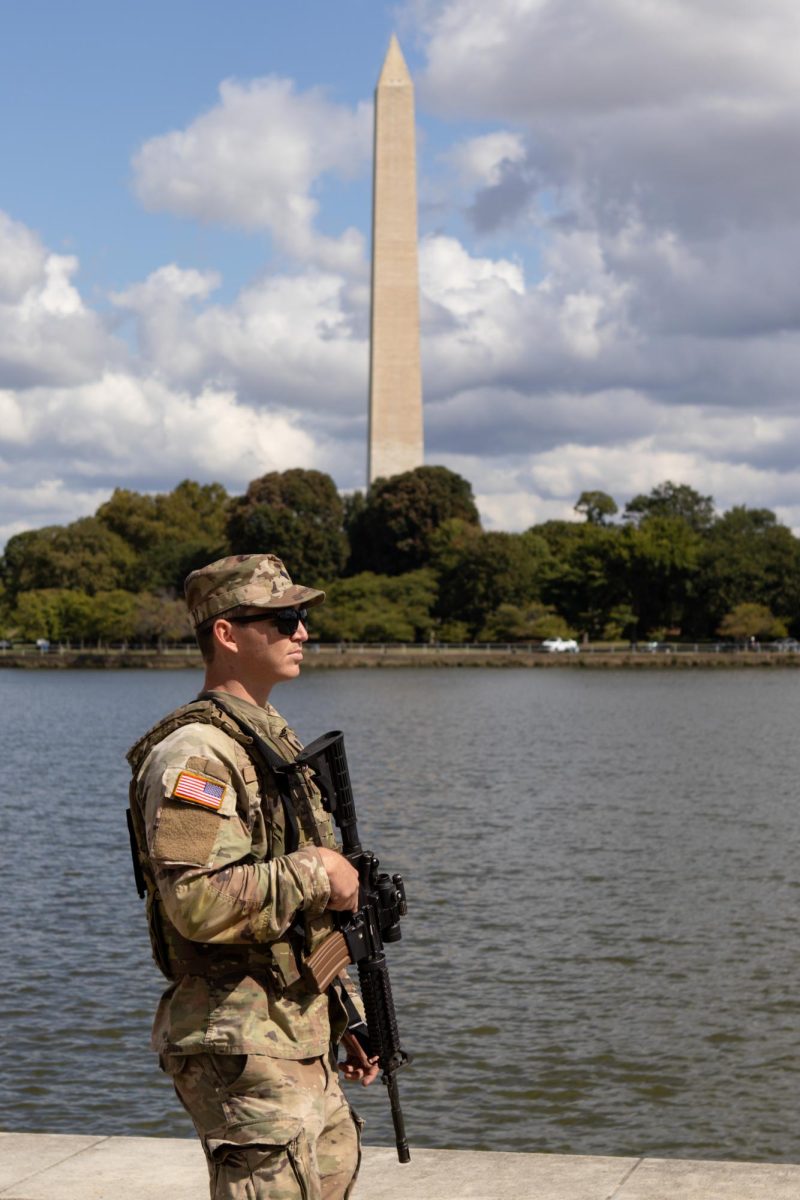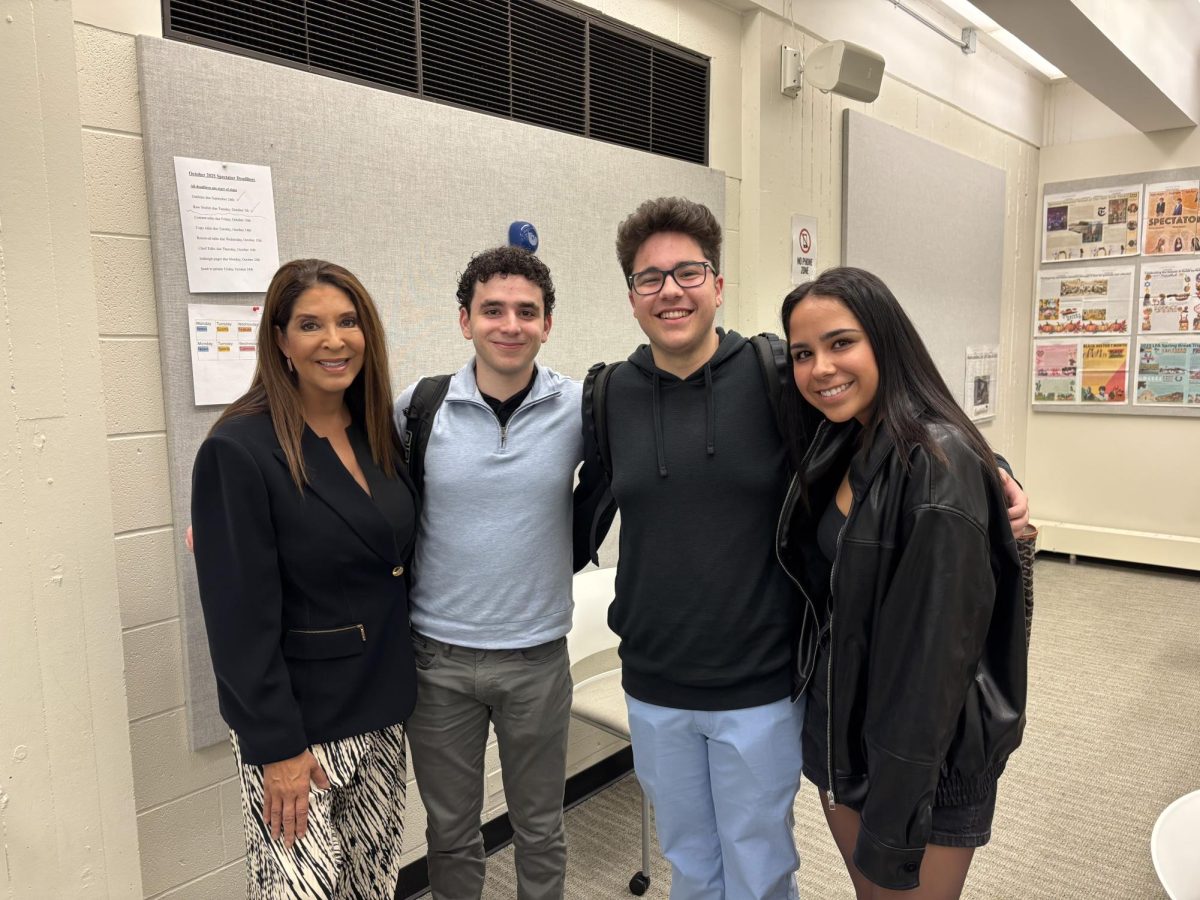Finals Policy
December 7, 2022
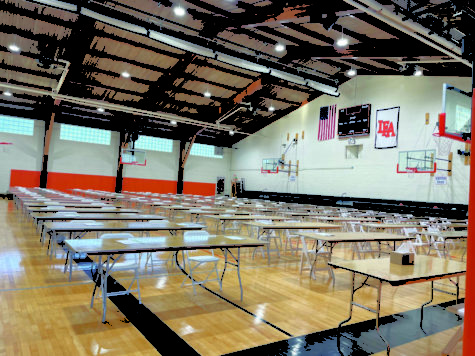
With Thanksgiving Break approaching, students feel the excitement and relief of finally being able to relax from their school work as discussions of travel plans fill the air. In the meantime, final exams inch closer, taking place a mere two weeks after students return from Thanksgiving Break. This anxiety-inducing fact is met with a new finals policy that may stress the students further.
The planner for the 2022-23 school year indicates that, as opposed to being organized by subjects and spread out over the course of three days (four days if the student has conflict exams and/or fine & performing arts exams), the final exams for this year are based off the student’s A-Day schedule and are taking place over the course of four full days. There are both pros and cons to this new change in the final exams schedule, and there are different reactions among the LFA community.
On one hand, some argue that the revised finals schedule increases the workload of the teachers. Unlike last year’s schedule, where all the students take their exams of the same subject in a space with a particular teacher, students are now set to take their exams with their individual classes in their respective classrooms. Subsequently, most teachers will have to “hold exams on most of the days if they have classes during those periods instead of just one day and potentially on the conflict day,” said Montgomery Gold ’23. With this new change, not only would the teachers have to proctor exams on all four days of the exams week instead of only having to proctor for one, but they would also have to make multiple versions of the tests. “One of my teachers said that because of the change … she will have to write multiple exams so that the students that take the exam first don’t give hints to others,” said Sajan Shah ’23.
On the other hand, there is also support from the students in favor of this new finals policy, mainly in that it would benefit those who double or even triple up in a single subject. For those students, the new finals policy meant that they would no longer have to schedule exams individually with teachers due to their conflicting schedules. “The major beneficiaries of this change will be students who have multiple classes in the same subject. Instead of having to deal with scheduling conflict exams, they will simply have those conflicts be rendered nonexistent by the new scheduling system,” said Gold.
English Faculty member Mandy Krause, who has witnessed several iterations of exam policies and schedules over just the last ten years, offered this reflection: “I definitely understand the wish for students who double in a subject not to have to use the conflict exam slot, or who triple in a subject not having to make arrangements with their teachers. I also understand how this can alleviate the load for the Dean of Students Office members needing to proctor make-up exams and such. However, I also understand the frustration of many teachers needing to create several different versions of exams, and even being concerned with the content itself getting out in the student ether before everyone has taken the test. Also, especially for those faculty who live off campus, this will really shift the logistics of those days. Often, adults focus on their own exam one day, and then can spend the other days plowing through grading and writing comments so they can finish before the holidays; this new process extends that practice. However, anytime there’s a major shift, there will be pros and cons to it. I think what’s important is to just understand the impetus of why so that everyone can approach it meaningfully.”


